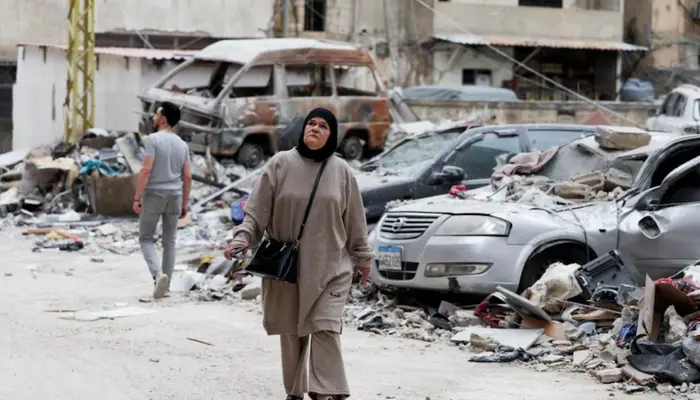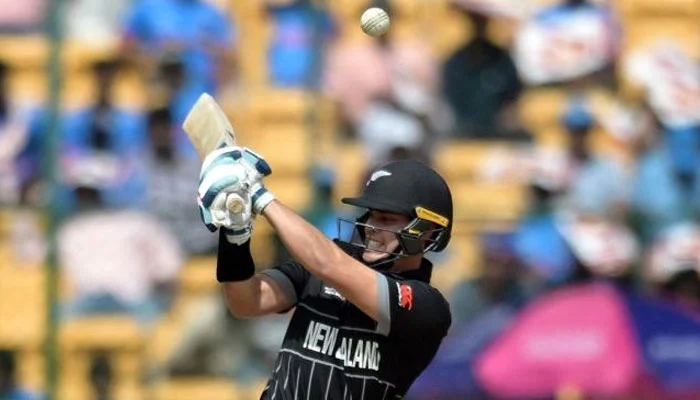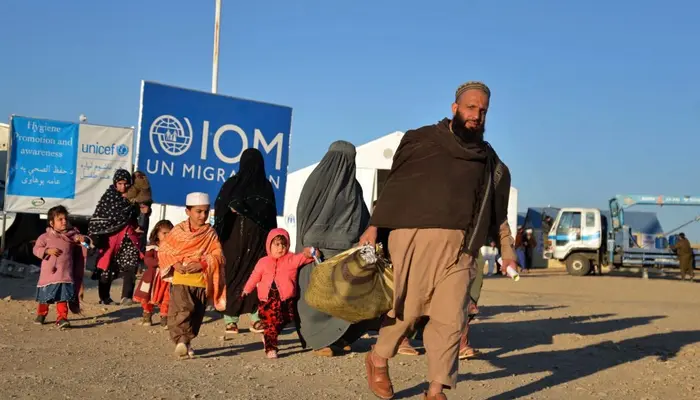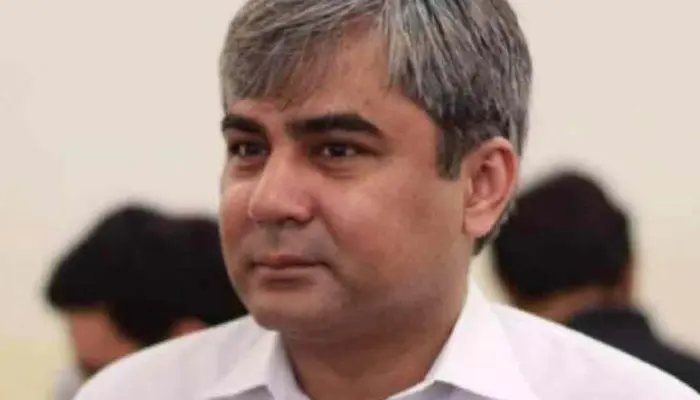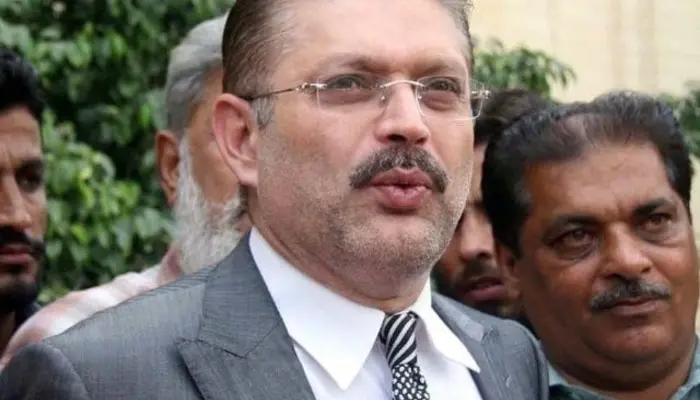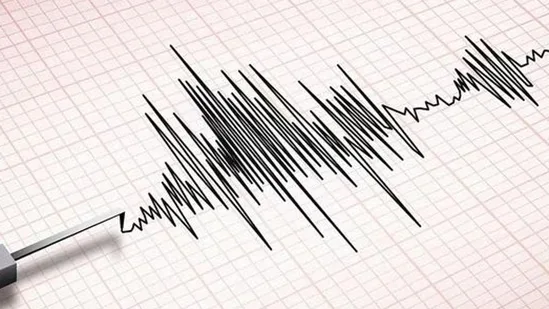
Russian President Vladimir Putin has expressed willingness to negotiate the ongoing Ukraine war with US President Donald Trump. In a recent statement, Putin highlighted his readiness to meet Trump, describing their relationship as “pragmatic and trustworthy.” This comes after Trump’s economic threats aimed at pressuring Russia to end the conflict.
Putin’s Response to Trump’s Approach
During an interview with Russian state television, Putin responded positively to Trump’s call for swift resolution, emphasizing the need for a calm discussion. “We are open to negotiations based on today’s realities,” he stated. Despite this conciliatory tone, Putin criticized Ukraine’s President Volodymyr Zelenskyy for signing a decree preventing direct talks with Moscow.
Putin also echoed Trump’s claim that he could have prevented the war in 2022 and supported Trump’s assertion about the 2020 US elections being “stolen.” This alignment appears to be an effort to build rapport with Trump.
Trump’s Strategy to Pressure Russia
Since his inauguration, Trump has called for an immediate resolution to the Ukraine war. He has proposed meeting Putin while simultaneously threatening economic consequences if Moscow fails to negotiate. Speaking at the World Economic Forum, Trump urged OPEC to lower global oil prices, aiming to undercut Russia’s vital revenue stream.
Russia’s economy heavily relies on oil and gas, contributing significantly to its federal budget. Trump’s remarks drew mixed reactions in Moscow. While some officials dismissed his economic threats, others expressed frustration, emphasizing Putin’s demand for equal treatment in negotiations.
Read: Trump Pressures Putin to End Ukraine War, Threatens Tougher
Moscow’s Reaction and Stance
Russian officials remain cautious about Trump’s approach. Kremlin spokesperson Dmitry Peskov downplayed Trump’s threats, saying, “We don’t see anything new here.” However, cracks in Russia’s economy, including rising inflation and mounting defense expenditures, indicate potential vulnerabilities.
Putin’s demands for peace talks remain unchanged. He insists on the removal of western sanctions, Ukraine’s withdrawal from contested regions, and its neutrality. These conditions would effectively undermine Ukraine’s sovereignty. While Putin appears open to discussions, insiders suggest Moscow may use negotiations to prolong the conflict while adjusting its terms.
Western Proposals and Challenges
Trump’s allies have proposed a demilitarized zone along current frontlines to freeze the war. However, Russia dismissed this idea as “unacceptable.” Meanwhile, Trump has hinted at deploying western peacekeeping forces in Ukraine, a suggestion Moscow strongly opposes.
In an interview, Trump also criticized Zelenskyy, implying shared responsibility for the war. This statement has stirred controversy and may complicate efforts to unify western allies against Russian aggression.
A Complex Path Ahead
As the Ukraine war nears its third year, the possibility of peace remains uncertain. Putin’s maximalist demands and Trump’s unconventional approach introduce challenges to potential negotiations. While both leaders have signaled interest in talks, underlying tensions and competing agendas could hinder progress.
The global community continues to monitor the evolving situation, hoping for a breakthrough that could bring lasting peace to the region.
Follow us on Google News, Instagram, YouTube, Facebook,Whats App, and TikTok for latest updates




